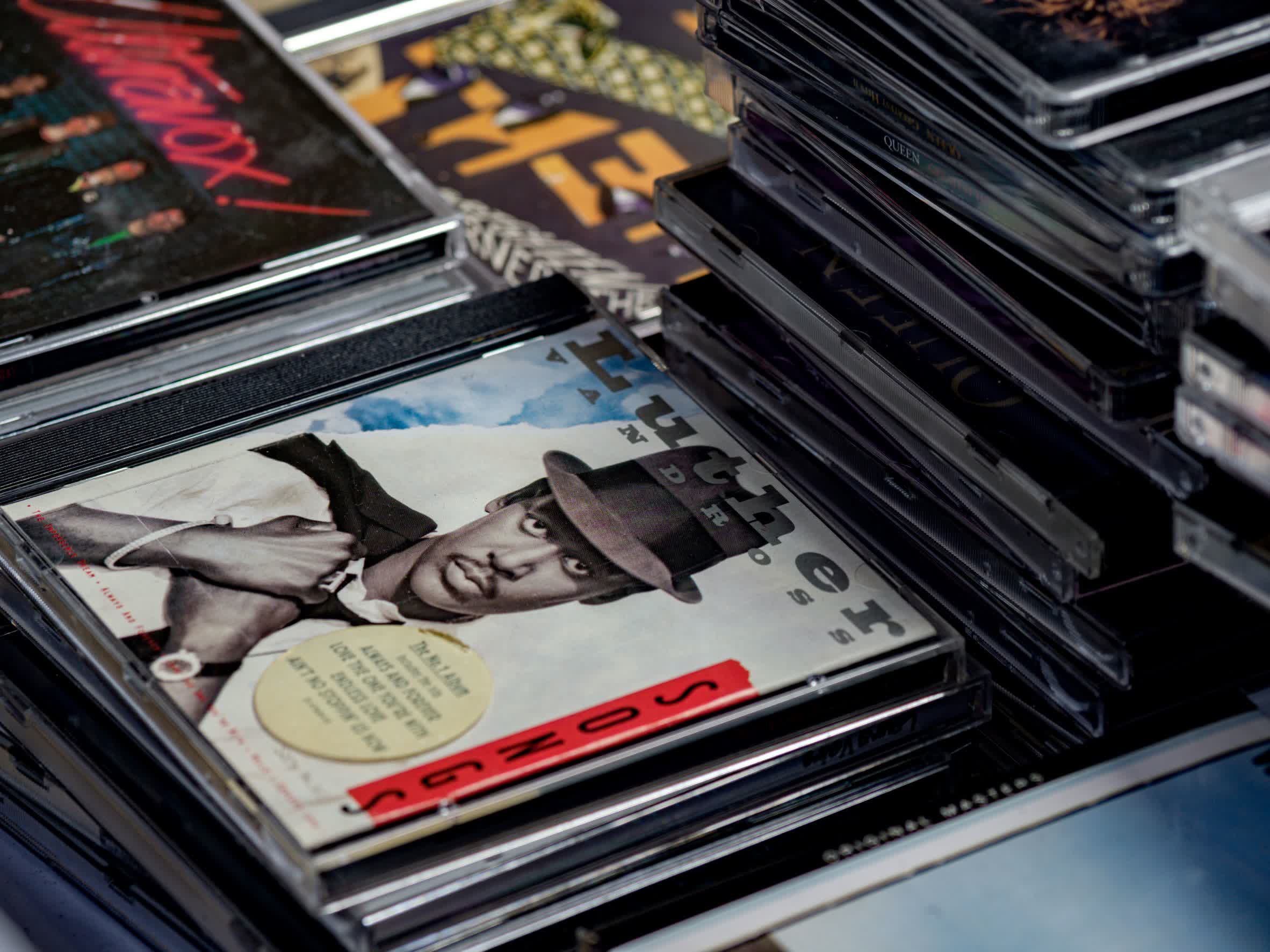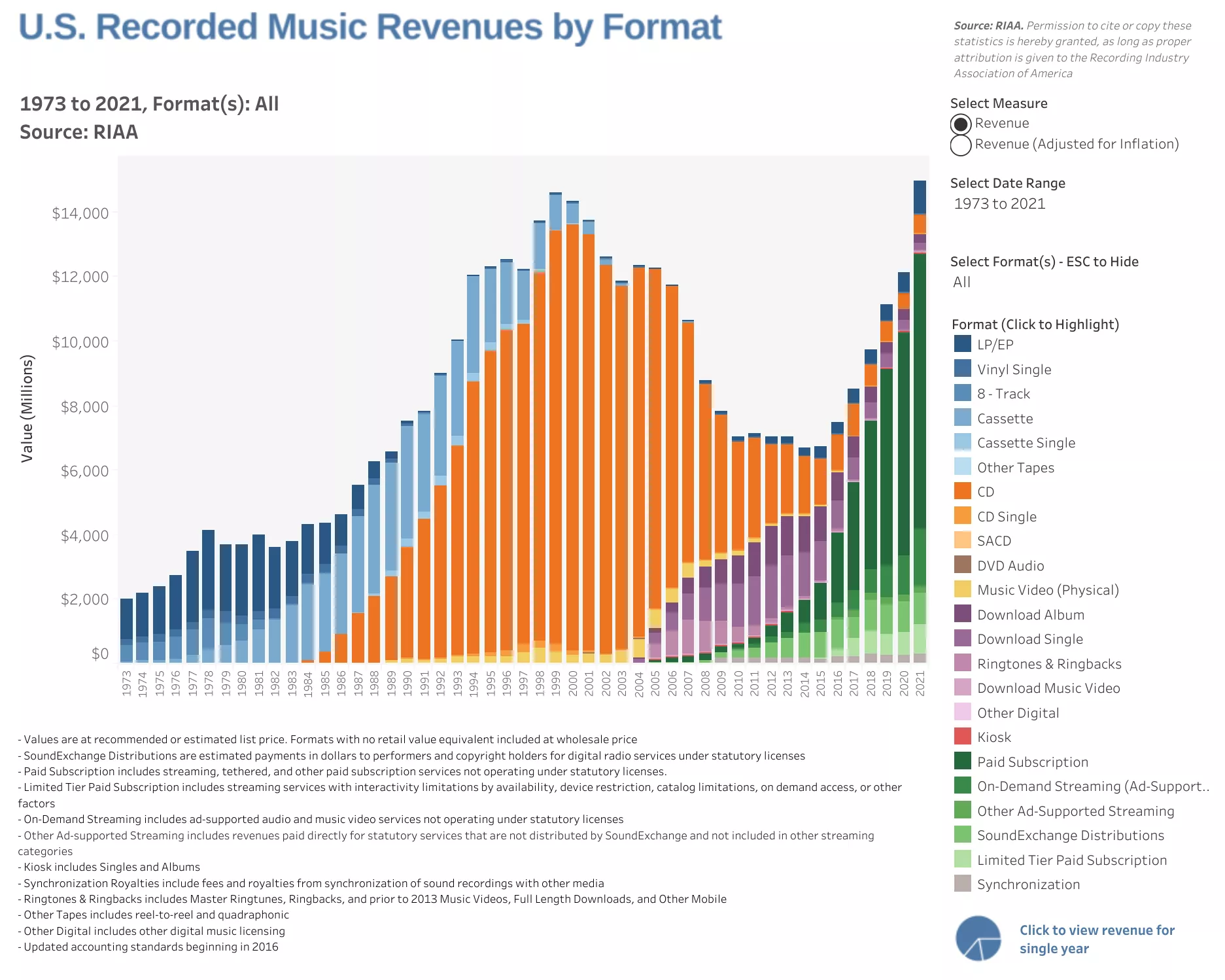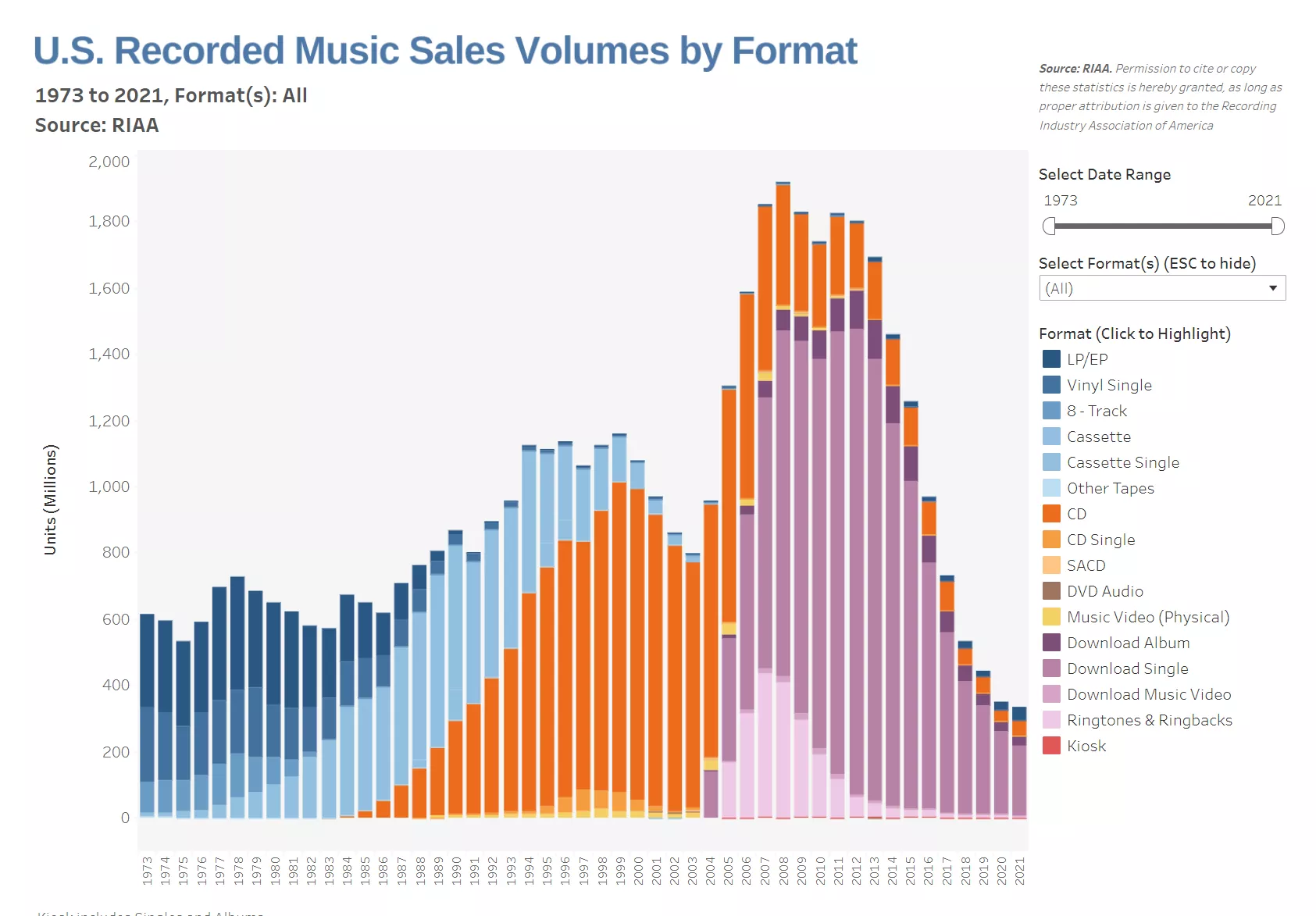In brief: As with so many retro items, it seems that the next thing making a comeback is the CD. The humble compact disc is experiencing a vinyl-like resurgence that has seen CD music sales increase for the first time in almost two decades.

The annual sales report from the Recording Industry Association of America (RIAA) reveals that CD sales in the US rose from 31.6 million in 2020 to 46.6 million in 2021, with revenue jumping from $483.2 million to $584.2 million, marking the first year-on-year growth for the format since 2004.
Those figures are still a long way from the near-billion CD album sales and $13.2 billion in revenue during compact discs' peak in 2000, but any increase is still significant.
Vinyl sales, of course, have been on the increase for over 15 years now; for the first time since the 1980s, vinyl album sales generated more revenue than CD sales during the first half of 2020. Last year saw 39.7 million vinyl units sold in the US in 2021, totaling $1 billion in revenue.
Combined with the CD sales boom, overall physical music sales were on the rise last year for the first time since 1996.
Axios reports that one factor behind the increase in CD sales has been the delays in vinyl albums, which some people incorrectly blamed on Adele.
But none of this means physical music media is anywhere near challenging its digital alternative. CD and vinyl albums made up less than 11% of all music sales last year, while paid subscriptions brought in 57.2% of all revenue ($8.6 billion), and ad-supported sales made $1.8 billion.
Image credit: Brett Jordan
https://www.techspot.com/news/93764-music-cd-sales-increased-last-year-first-time.html

